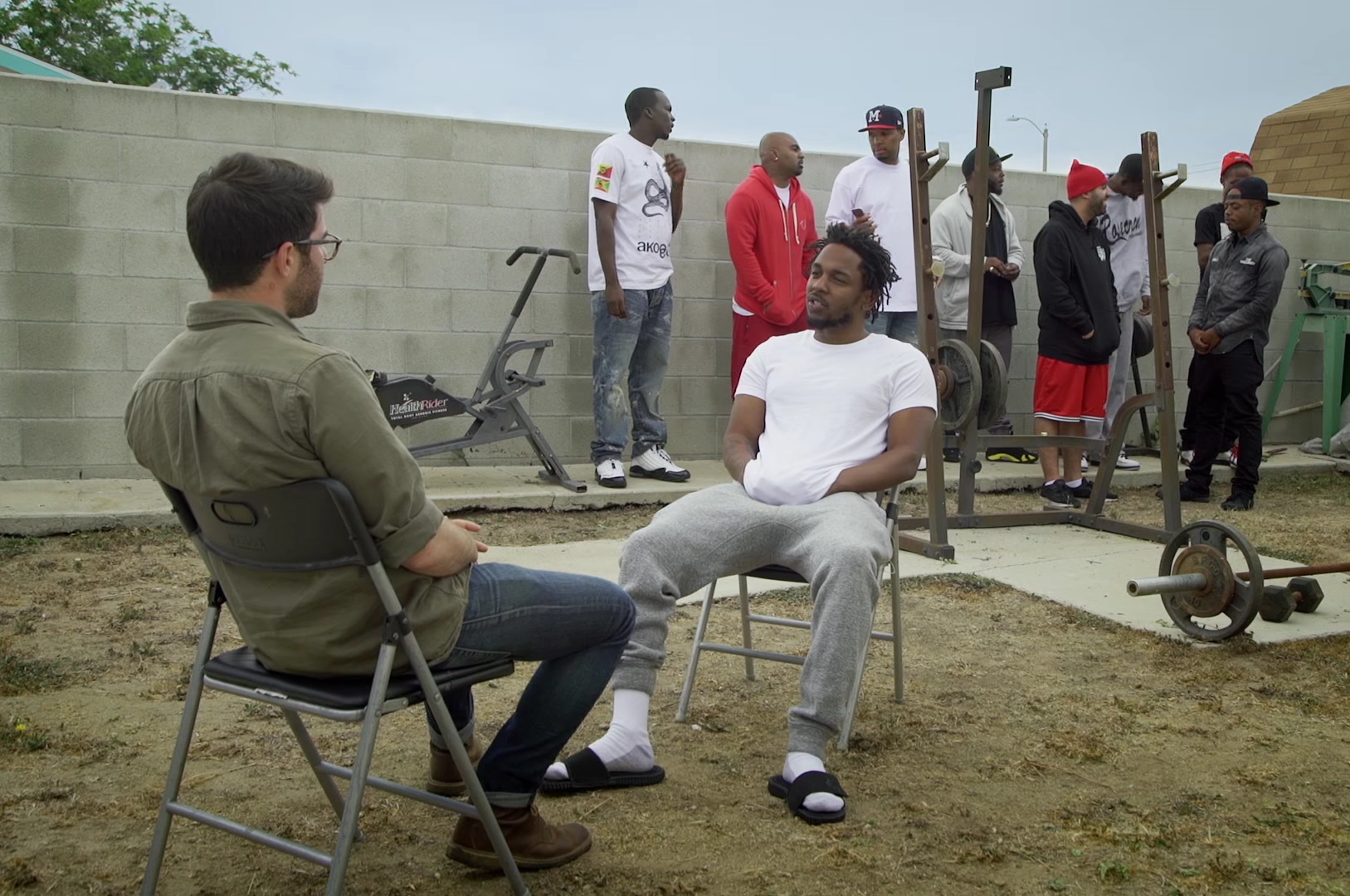“It’s a TV channel,” Viceland’s Facebook page explained Monday, for those who were apparently still confused.
The following day, culture-magazine-turned-alternative-news-superpower Vice launched Viceland, a new television network that brings the popular documentary features and reality-styled offerings of the multimedia giant’s online content to the small screen.
Vice isn’t the first online publication to take to television recently: last month, The New Yorker launched a news-magazine-style original series on Amazon. In fact, Viceland isn’t even Vice‘s first foray into television — the Emmy-winning HBO news series Vice first aired in 2013. But Viceland is an entirely new beast — an actual television network (like, it’s a real thing you can watch on your TV) entirely composed of shows about weed, sex and skinny hipster reporters exploring cultures different from their own.
So, for better or worse, Vice is still Vice. By now, its signature blend of journalism and entertainment is an Internet force to be reckoned with, but with Viceland (available in about 70 million homes — and on campus), they’ll have the opportunity to become a household name.
The network’s best chance to do that? Probably not Fuck, That’s Delicious, the Action Bronson-hosted food and travel show laced with a surplus of blunts and bad words. While it might not be the network’s best shot at mainstream success, it is, as Bronson might say, a fuck ton of fun to watch.
“We rap, we eat. We eat, we rap,” the rapper and self-proclaimed “human highlight reel” explains just minutes into the show’s premiere. “It’s really that simple.”
And it really is that simple — but all the more enjoyable for it. In possibly the fastest 22 minutes of all time, Bronson explores the cuisines of Miami, Atlanta and nearby Washington, D.C. (anyone else surprised he didn’t stop by Pizza Kingdom?) during a tour for his 2015 album Mr. Wonderful. It’s full of colorful dishes, people and language — a great showcase of how entertainingly addictive Vice can be when it’s stripped of the seriousness that often weighs it down.
The lighthearted humor is a trend continued by Flophouse, a documentary series about comedians living together in a house in Los Angeles, directed by filmmaker Lance Bangs.
“I’m so happy you’re all here, welcome to my beautiful, beautiful home!” comedian Solomon Georgio says to the audience of a stand-up show in the house’s garage, graffiti-ed penises and a large “COSBY” scrawled on its white walls (classic comedy!). The show is a consistently entertaining blend of stand-up comedy and stand-up comedians talking about stand-up comedy — which can easily be just as fun to watch.
From rap battles to keg stands, Flophouse succeeds based solely on its ability to make you laugh. But even some of Viceland’s more serious shows — especially the hourlong music documentary series Noisey, which this week showcased life in Kendrick Lamar’s gang-riddled home of Compton — could easily grab the attention of both dedicated Vice fans and channel-flippers alike.
This will likely be key to Viceland’s success. After all, the question remains: can a company built almost entirely on the Internet get people to trade their laptops for flat-screens and pick up a (gasp) remote control (or one of those remote control apps)? It’s clearly something the company considered: most of the debut episodes of these shows premiered on YouTube before the channel’s launch. But just a few days into its life, it’s clear that Viceland has the content to challenge its cable competitors — so if it can turn those YouTube views into television ratings, it might just get to keep saying “it’s a TV channel” for a while longer.



